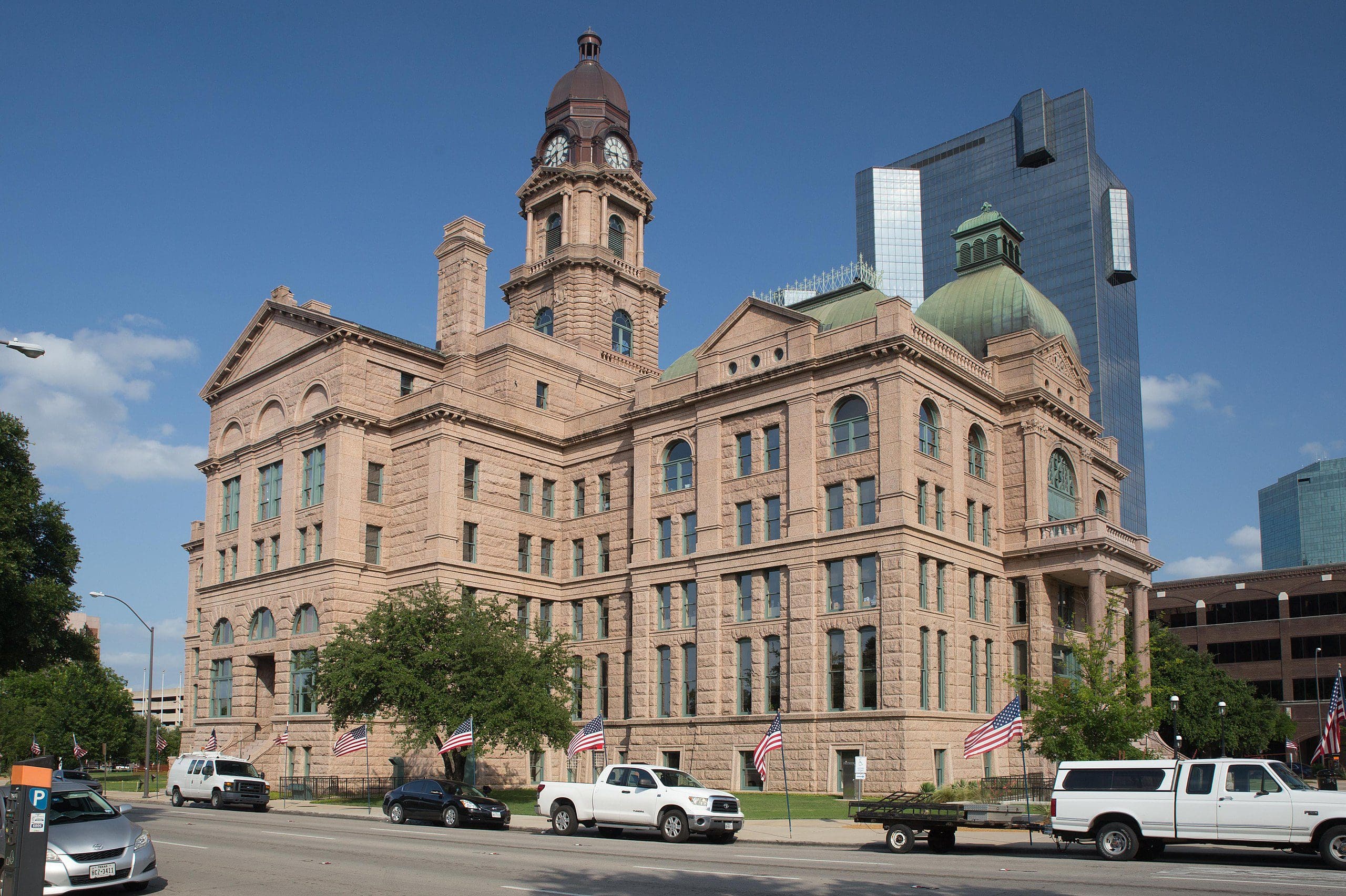Texas is vowing to fight a federal takeover of state elections being pushed by Democrats in a massive anti-election integrity bill now moving through Congress. The bill would seize power from state legislatures to set their own election laws and lock in voting rules that created chaos in 2020.
H.R. 1—a top Democrat priority that seeks to transform how American elections are run by mandating a left-wing wish list of lax voting processes—passed the U.S. House on March 3, with all Republicans and one Democrat voting no.
“As a matter of election administration policy, it is difficult to imagine a legislative proposal more threatening to election integrity and voter confidence,” Texas Attorney General Ken Paxton and 19 other Republican state attorneys general said in a letter to U.S. House and Senate leaders following the bill’s passage.
The state officials also say H.R. 1—labeled by Democrats as the For the People Act of 2021—includes “several Constitutional deficiencies and alarming mandates that, if passed, would federalize state elections and impose burdensome costs and regulations on state and local officials.”
“Congress is not acting as a check, but is instead overreaching by seizing the role of principal election regulator,” the letter adds.
“This Act fails to live up to its name. It does not empower the people; it places them and their local leaders directly under the thumb of the federal government,” Paxton said in a statement:
Our Founding Fathers intentionally excluded Congress and gave state legislatures the authority to run state elections. Instead, this Act flips the Constitutional script and empowers the federal government to act as the election regulator for states. The Act opens elections in every state to widespread fraud, mixed messaging, Constitutional violations, and shuttering of speech.
“Should it become law, I will use every possible resource to protect our elections, state sovereignty, and the rights of all Texans,” Paxton added.
Public Interest Legal Foundation, a nonprofit law firm dedicated exclusively to election integrity, documented H.R. 1’s voting provisions—a long list of prohibitions and mandates that promote looser ballot access while eliminating tools to make voting more secure.
Among other things, the bill bans state voter ID laws, mandates universal mail-in voting and mail-ballot drop boxes, requires states to accept late mail-in ballots, prohibits requiring more than a signature to verify eligibility to register to vote, automatically registers people in state and federal databases, eliminates penalties for noncitizens who illegally vote after being automatically registered, forces states to allow same-day registration, and restricts state voter roll maintenance activities.
But PILF President J. Christian Adams says H.R. 1 poses a deeper threat, stripping authority from legislatures in Texas and across the country to set voting processes in their states.
“States were given power to run their own elections for a reason,” Adams said. “Decentralization of control over elections promotes individual liberty. No central authority can interfere and impose bad ideas and malevolent actions over states.”
“Power, the Founders believed, should be kept close to people,” he said. “The advocates of H.R. 1 don’t want power close to the people. They want it in Washington D.C.”
Conservative think-tank Texas Public Policy Foundation also rejects H.R. 1 as “unconstitutional legislation that would dangerously distort our system of ensuring free and fair elections.”
The proposal would unconstitutionally federalize the election process in states, create illegal mandates related to the maintenance of voter rolls, hamstring a state’s ability to verify voter identity, and overturn the states’ 10th Amendment power to decide on eligibility and receipt deadlines for mail in ballots.
“It is an all-out attack on democracy, federalism, and nearly every cornerstone of American liberty,” said TPPF Executive Director Kevin Roberts.
Republican Party of Texas Chairman Allen West said H.R. 1 “is really more of a ‘For the Politicians Act.'”
“This radical bill will undermine the integrity of our elections and massively expand the federal government’s power,” West said.
This isn’t Democrats’ first run at a federal takeover of elections.
An earlier version of H.R. 1 passed the House in 2019 but failed to advance in the Senate. With Democrats now in control of both the House and the presidency, and a 50-50 party split in the Senate, this new version has a chance to become law across the nation.
To pass H.R. 1 through the Senate, Democrats need significant Republican support or a change in rules requiring 60 votes to close debate on a bill.
Despite the threat of a federal takeover of state elections, Texas lawmakers are working on reforms to strengthen election integrity, which is a top legislative priority for the Texas GOP and conservative grassroots activists.
Texas election integrity advocates will be keeping an eye on the U.S. Senate while maintaining focus on their state Legislature. Texans can contact Senators John Cornyn and Ted Cruz, both Republicans, to weigh in on H.R. 1.





